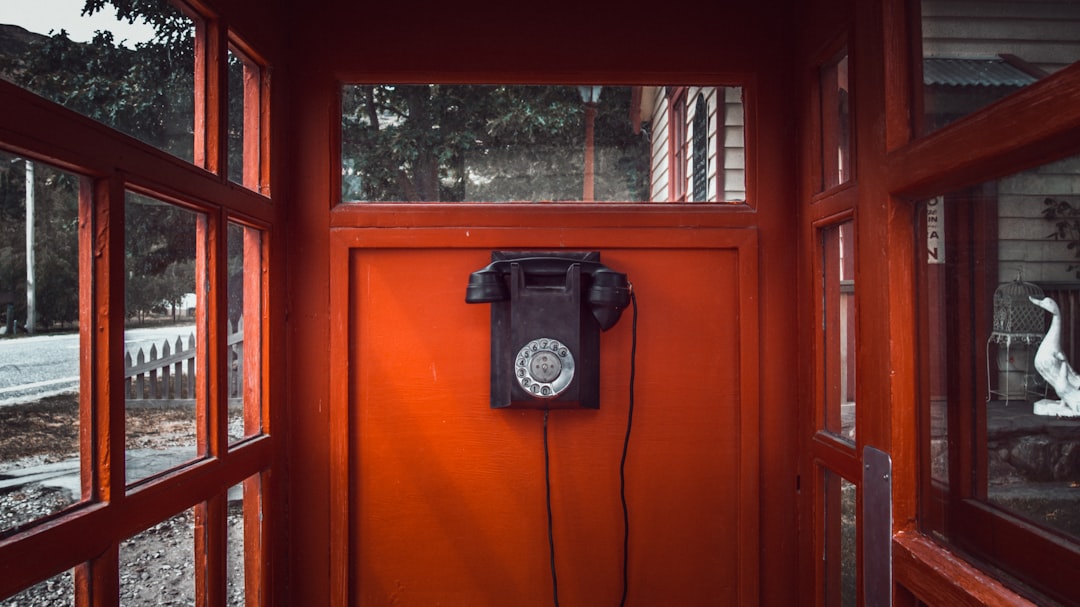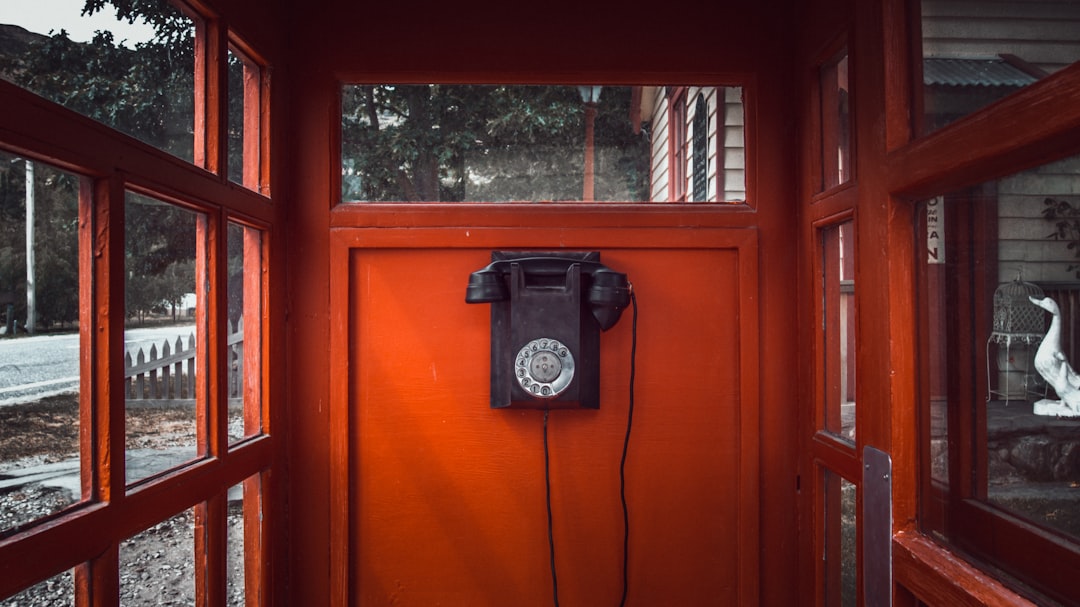Robocalls are a significant problem for cell users in Mississippi, with many falling into telemarketing or scam categories. Despite federal and state laws like the Telephone Consumer Protection Act (TCPA) and Do Not Call regulations, unwanted calls persist. To combat this, Mississippi residents can use blocking apps or specialized services that filter out robocalls from law firms, offering a safer phone experience. Effective solutions include built-in call blocking features and third-party apps with advanced algorithms, allowing users to manage blocklists and customize settings. Proactive, adaptive approaches using machine learning ensure better protection against nuisance calls while preserving legitimate communications.
Mississippi cell users face a growing menace from unwanted robocalls, disrupting daily life. This article explores effective solutions to combat this issue, focusing on legal protections offered by Mississippi’s Do Not Call laws and robust blocking technologies available to residents. Understanding these tools is essential for navigating the legal framework while enjoying peace from intrusive calls. Learn how to implement and maintain a blocking system tailored to your needs, empowering you against robocall intrusion. Discover resources, like Do Not Call law firms in Mississippi, dedicated to protecting your privacy.
Understanding Robocalls and Their Impact on Mississippi Cell Users

Robocalls, or automated phone calls, have become a persistent and often unwanted nuisance for Mississippi cell users. While some robocalls promote legitimate services or products, many fall into the category of telemarketing or scam attempts, leading to significant frustration and financial risk. These calls can disrupt daily life, waste valuable time, and even result in financial loss if users provide personal information or fall victim to fraudulent schemes.
In Mississippi, as in many other states, cell users are protected by laws aimed at mitigating the impact of unwanted robocalls, such as the Do Not Call law, which allows residents to register their numbers for reduced telemarketing calls. Additionally, the Federal Trade Commission (FTC) enforces regulations against fraudulent robocalls and provides resources to help consumers understand and protect themselves from these calls. Mississippi cell users can take further steps by utilizing blocking apps or enlisting in specialized services that filter out robocalls, ensuring a quieter, safer phone experience.
Legal Framework: Do Not Call Laws in Mississippi

In Mississippi, much like across the nation, consumers are protected by federal and state laws aimed at curbing unwanted robocalls. The primary legislation governing this is the Telephone Consumer Protection Act (TCPA), a federal law that restricts certain practices of telemarketers and establishes rules for consumer privacy and consent regarding phone calls and text messages. At the state level, Mississippi’s Do Not Call laws further protect residents from unsolicited sales or marketing calls. These laws allow citizens to register their phone numbers on the state’s official Do Not Call list, effectively blocking most automated marketing calls.
For businesses and law firms operating in Mississippi, adherence to these Do Not Call laws is crucial to avoid legal repercussions. Violations can result in substantial fines, with penalties reaching up to $500 per call for intentional or willful violations. This underscores the importance of implementing robust systems to ensure compliance, such as obtaining explicit consent from callers and maintaining accurate records of opt-out requests, especially when conducting telemarketing campaigns within the state.
Effective Robocall Blocking Solutions for Mississippi Residents

In today’s digital age, robocalls have become a significant nuisance for Mississippi cell phone users. Luckily, effective solutions exist to combat this growing issue. One popular method is utilizing built-in call blocking features available on most modern smartphones. These tools allow users to create personalized blocklists, preventing automated calls from specific numbers or even entire regions, including known robocall hotbeds like certain areas of Mississippi.
Additionally, third-party applications have emerged as powerful allies in the fight against unwanted calls, particularly those from law firms and other telemarketers. These apps often employ advanced algorithms to identify and block robocalls with high accuracy rates. Many offer customizable settings, allowing users to fine-tune their preferences, such as excluding local businesses or emergency services. By combining these technological solutions, Mississippi residents can regain control of their phone lines and enjoy a quieter, more peaceful communication experience.
Implementing and Maintaining a Robust Blocking System

Implementing a robust robocall blocking system for Mississippi cell users involves several key steps. The first is to integrate advanced call screening technologies that can accurately identify and filter out unwanted calls, including those from law firms and other persistent callers. This often includes using machine learning algorithms that adapt over time, becoming more effective at distinguishing legitimate calls from spam.
Maintaining such a system requires regular updates and adjustments to keep up with evolving scams and tactics employed by robocallers. It involves monitoring call patterns, keeping software updated, and possibly collaborating with telecom providers and regulatory bodies. Mississippi residents can expect better protection against nuisance calls if the blocking system is proactive, adaptive, and continually refined based on user feedback and new data. This ensures that the “Do Not Call” registry remains effective in the digital age, protecting users from intrusive robocalls while facilitating legitimate communications.






